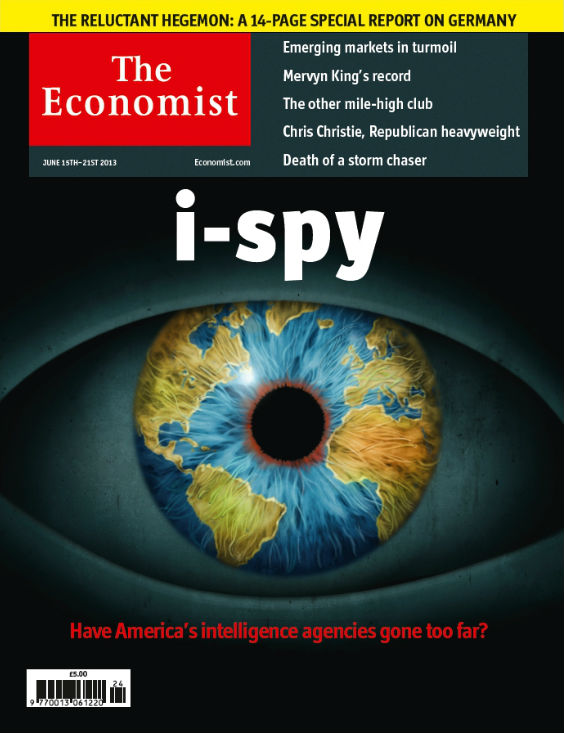
Today The Economist came out in support of the campaign “to put a stop to hidden company ownership and to make energy and mining companies disclose more about the payments they make to win concessions.”
Global Witness supports these measures as they would shine much needed light on aspects of the oil industry that remain opaque.
To demonstrate why they are needed The Economist focused on a case-study from Nigeria, involving the transfer of an oil block to Royal Dutch Shell and Italian firm Eni.
“It is completely scandalous that Royal Dutch Shell tries to undermine the global push for transparency while being involved in an opaque deal that saw hundreds of millions of dollars go to Malabu, a company controlled by a convicted money launderer,” said Tom Mayne of Global Witness.
“This case demonstrates why it is so important for the G8 next week to make a commitment to publishing details about the true owners and controllers of companies, as outlined by Prime Minister David Cameron’s call for public registries of beneficial ownership,” said Robert Palmer of Global Witness.
As The Economist article concludes: “Had corporate registries been collecting, and making publicly available, information on beneficial owners back in 1998, the identity of Malabu’s owners might have been clear from the start. And it would have been much more difficult to move the proceeds of the sale to Shell and ENI into the corporate equivalent of a black hole, seemingly out of the reach even of Nigeria’s anti-corruption commission.
You can read more about Global Witness’ work on this case below.
For more information, call Tom Mayne on +44 (0) 7939 460357